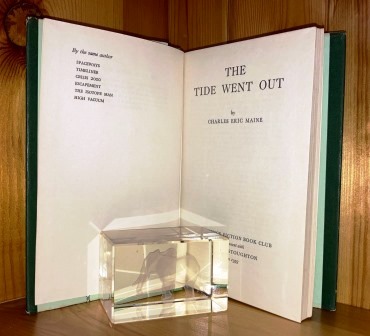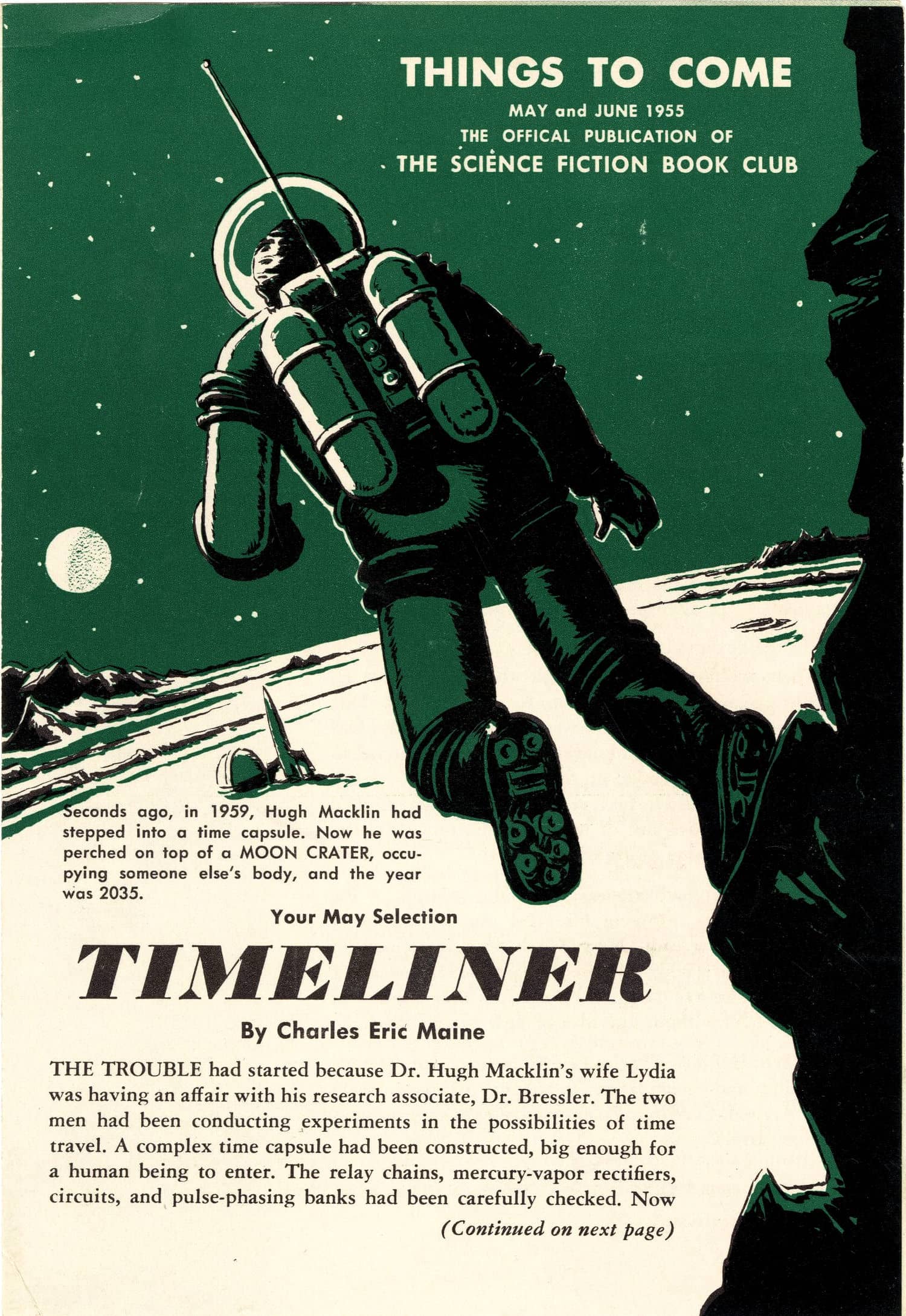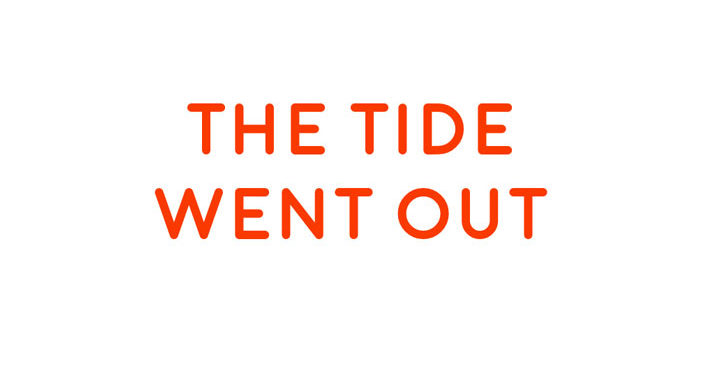

There are a number of similarities however the books also have some impressive differences. What is more and I can say this without of fear of ruining spoilers since it pretty much says so on the cover the story very much reminds me of the film when the earth caught fire. So it was with trepidation that I picked up "The tide went out" however I found it enthralling from the first page and devoured it at a rate I have not felt in a long time - so that in its own right was impressive.

However, and this is the second thing to say is that I know I am only scratching the surface of what is out there, both modern and classic. Now the first thing to say is that my first love is reading science fiction - its what I started on all those years ago and I still hold a place in my heart (and my book shelves) for it. Well this is my first exploration of the British Library Science Fiction Classics series - it appears to be relatively new or at least not as established in its printing production as the crime series and I must admit that I am impressed.

The Darkest of Nights (1962) (Variant Title: Survival Margin) He Owned the World (1960) (Variant Title: The Man Who Owned the World) World Without Men (1958) (Revised in 1972 with Variant Title: Alph)Ĭount-Down (1959) (Variant Title: Fire Past the Future) The Tide Went Out (1958) (Revised in 1997 with Variant Title: Thirst!) Spaceways (1953) (Variant Title: Spaceways Satellite)Įscapement (1956) (Variant Title: The Man Who Couldn't Sleep) It was originally written as a radio play known as The Einstein Highway. One of his best known stories, Timeliner, was about a scientist who experiments with a time machine, only to be maliciously thrust into the future by a fellow scientist who was having an affair with his wife. Due to its popularity, it became a novel as well as a movie. During 1952, he sold his first radio play, Spaceways, to the BBC. From 1940 to 1941, he published his own magazine called Gargoyle.ĭuring World War II, he was in the Royal Air Force and served in Northern Africa in 1943.Īfter the war, he worked in TV engineering, and became involved in editorial work with radio and TV. He published three issues of a science fiction magazine called The Satellite which he co-edited along with J. His stories were thrillers that dealt with new scientific technology Charles Eric Maine (pseudonym of David McIlwain 21 January 1921 – 30 November 1981) was an English science fiction writer whose most prominent works were published in the 1950s and 1960s.


 0 kommentar(er)
0 kommentar(er)
